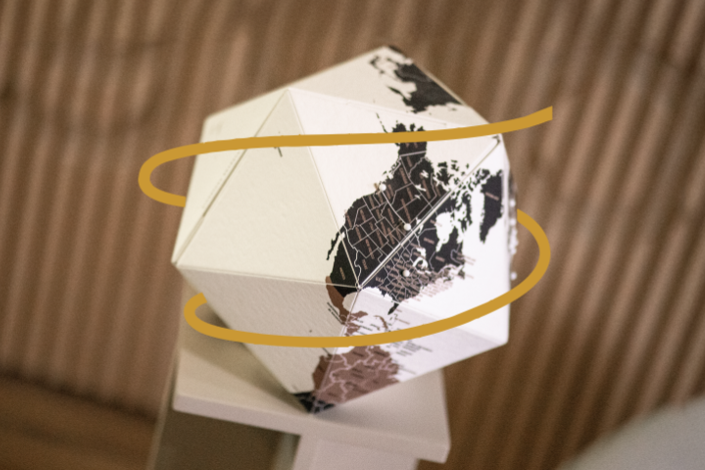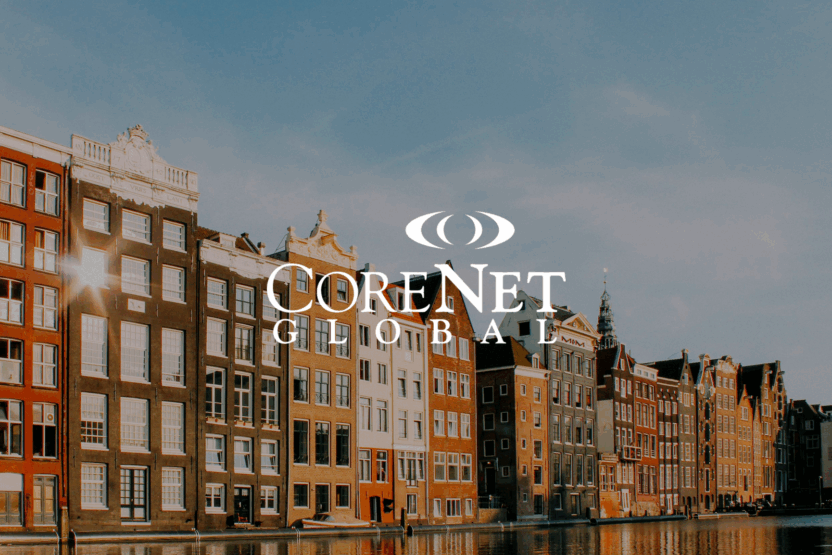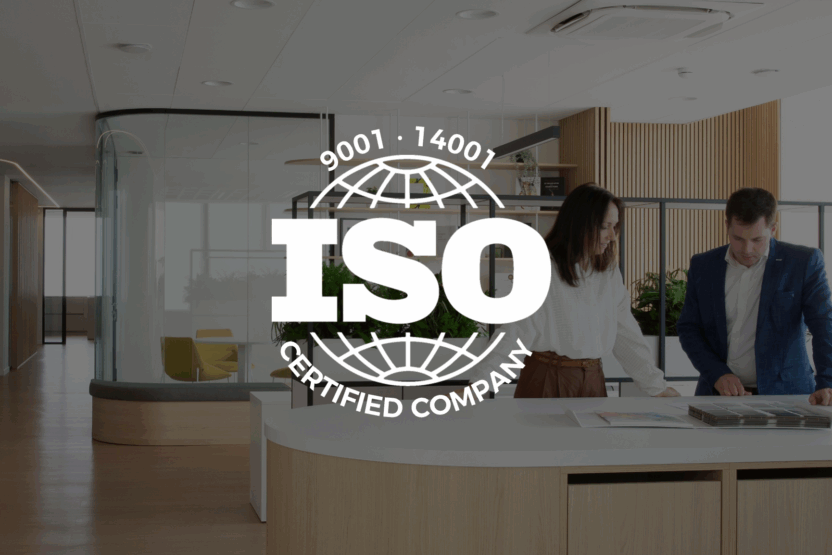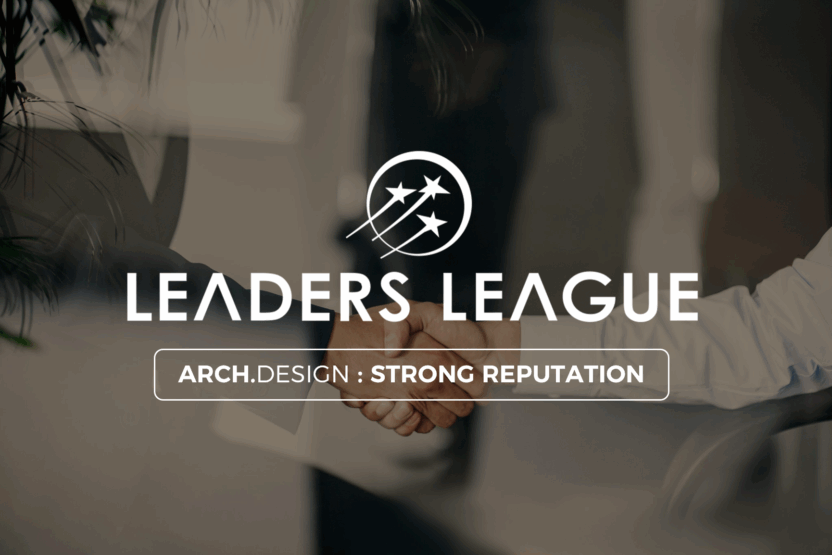Navigating the challenges of office design & buildouts in France from abroad
25 October 2024 – 4 minutes to read
Managing an office design and build-out project in a foreign country is a complex task, especially when it involves bridging the gap between different cultural expectations, navigating local regulations, and ensuring seamless communication across borders. In a recent episode of ARCH.TALKS, experts from the Franco-British Chambers of Commerce, Gleeds France, TDA Project Management Services and ARCH.Design talked about those challenges and how to overcome them.

Understanding cultural nuances
One of the key challenges in managing international office projects is understanding and adapting to cultural differences. When international companies undertake projects in France, they often expect the process to be like projects in their home countries, which can lead to misunderstandings. As Kevin Braund, Country Director at Gleeds France, explained, “When clients come to France, they need to adapt their expectations and understand that cultural differences will impact the project timeline and approach.” The French approach to project management is often more methodical and cautious, which can be perceived as slow by those accustomed to more fast-paced environments. However, this thoroughness ensures that potential challenges are identified and addressed early on, ultimately leading to a more robust project outcome.
The value of the “French touch”
Despite the challenges, cultural differences can also be a source of strength. The so-called “French touch”—a blend of creativity, finesse, and attention to detail—is highly valued in international projects. This unique approach can elevate the design and execution of office spaces, blending international standards with local flair. “Our job is to understand the company’s culture and translate it to fit the local codes. By doing that, we create workplaces where people like to come to.” explains Stéphane Picq, Co-Founder of ARCH.Design.
The importance of communication and transparency
Effective communication is critical in managing any international project, and it becomes even more important when dealing with different languages and cultural norms. Transparency in communication helps manage expectations and keeps all stakeholders informed about the project’s progress. Catherine Le Yaouanc, General Manager of the Franco-British Chambers of Commerce, shared an example where the French might prefer to wait until they have a definitive answer before responding to queries, which can be frustrating for clients from cultures where immediate feedback is the norm. By understanding and adjusting to these differences, project managers can ensure better collaboration and trust. Transparency also extends to dealing with challenges. Whether it’s a regulatory issue or a budgetary constraint, being upfront about potential problems and offering solutions helps maintain a positive relationship with the client and ensures smoother project execution.
Choosing the right local partners
Selecting the right local partners is crucial for the success of an office design and build-out project in France. These partners not only bring essential local knowledge and expertise but also help navigate the complex regulatory environment. Early involvement of these partners allows for more comprehensive planning, reducing the risk of surprises down the line. As Thomas Da Pina, founder of TDA Project Management Services, says during the conference: “The earlier you involve your local partners, the better the outcome.” Local partners can also assist with the practical aspects of the project, such as ensuring compliance with France’s construction codes and managing the logistics of working with international teams. This local expertise is particularly valuable when dealing with the unique aspects of French regulations, such as the ten-year guarantee on certain construction elements.
Flexibility and agility in project management
In today’s global environment, flexibility and agility are key to successfully managing international office projects. Smaller companies often have an edge in this regard, as they can adapt more quickly to unexpected challenges, such as supply chain disruptions. Being able to pivot and find creative solutions in response to these challenges is essential to keep the project on track. Working with a proactive team that can anticipate potential issues and offer alternative solutions is crucial. This approach not only helps mitigate risks but also ensures that the project remains aligned with the client’s expectations and timeline.
Managing an office design and build-out project in France from abroad is a challenging yet rewarding experience. By understanding cultural differences, maintaining clear and transparent communication, choosing the right local partners, and staying flexible, businesses can successfully navigate these challenges and create office spaces that are both functional and culturally enriched.
Interested in learning more about this topic? Watch the full discussion this episode of ARCH.TALKS.
Are you interested in expanding to France? Our team can help with your project, every step of the way. Contact us!


